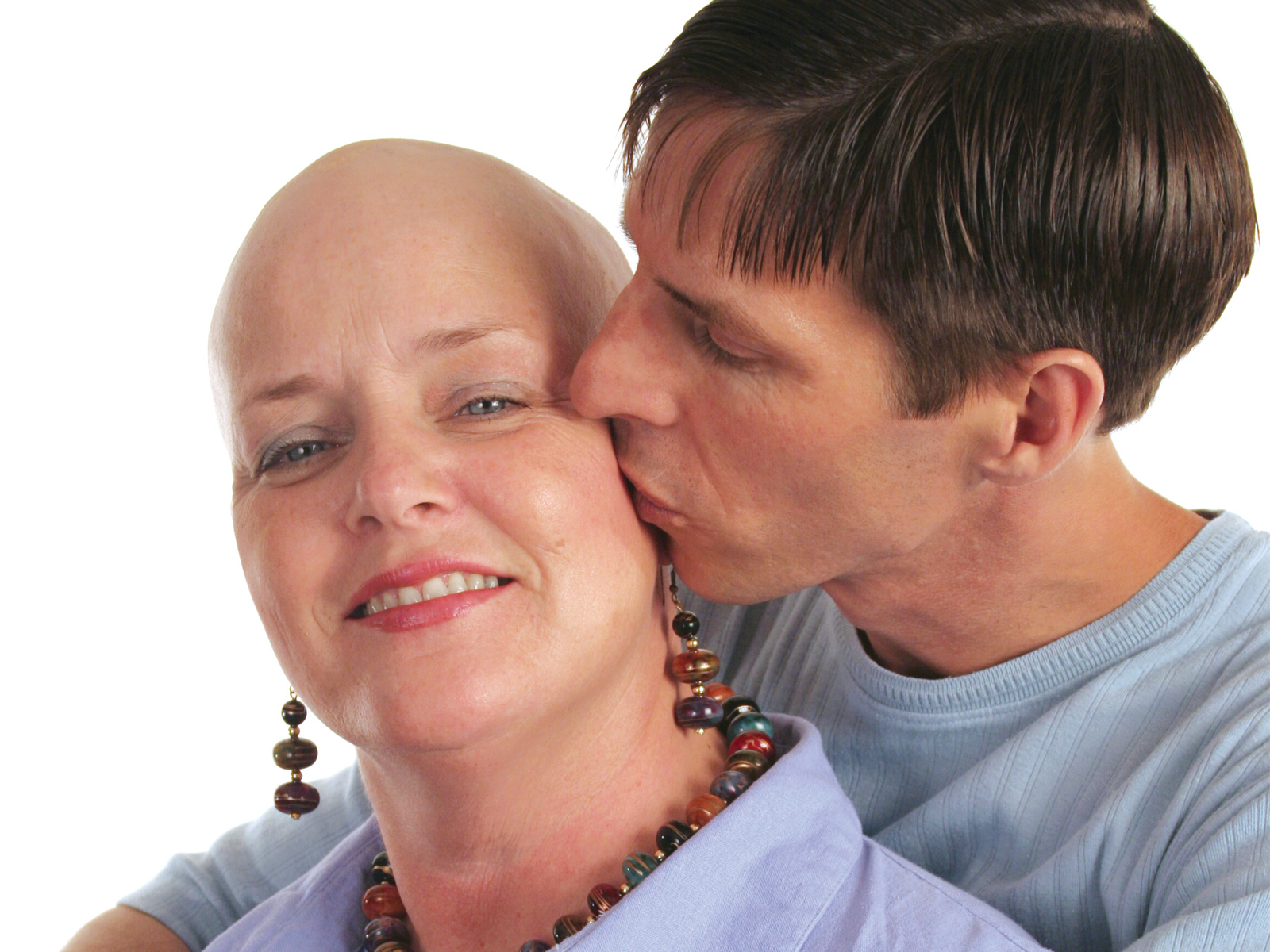In the terminal stages of illness and at the end of life, sexuality is often not considered important by health care providers. While the need or ability to participate in sexual activity may fade in the terminal stages of illness, the need for touch, intimacy, and relationships doesn’t necessarily vanish. People may in fact suffer from the absence of loving and intimate touch in the final months, weeks, or days of life.
It is often assumed that when life nears its end, people and couples are not concerned about sexuality. This attitude is a result of little information and visibility on sex, death, and how they intersect. However, loving relationships, intimacy, and sexual contact are important even during terminal illness. Sexuality can be a key component of holistic care and overall quality of life and should be prioritized by caregivers and health care providers to improve the wellbeing of dying people. Sexuality can also provide closeness and closure at end of life.
Physical relationships may become difficult often because of how illness impacts the body. People can experience changes in their appearance and physical and emotional pain that affect both libido and sexual functioning. Relationships can also change as partners take on caregiving roles and tasks, which can impact intimacy and expressions of sexuality. This is often happening at a time when individuals may wish to strengthen relationships with the ones they love, so it’s crucial that health care providers and caregivers help facilitate expressions of intimacy and sexuality among patients and their loved ones.
One study explored how sexuality was experienced by palliative care patients. In this study, respondents identified sexuality as “emotional closeness” and noted that closeness frequently meant different forms of sexual expression—whatever it means to the patient. Caregivers should allow the person they are caring for to define sexuality on their own terms and practice it in ways that make sense for them.
Addressing needs
Here’s what it looks like for members of a health care team to address needs of patients:
• Giving patients and their loved ones explicit permission to touch each other, even at advanced stages of an illness.
• Becoming fierce advocates of patient privacy such as single-occupancy rooms and closing doors or curtains.
• Giving permission to partners to participate in their partner’s care routine and/or lie with their loved ones in bed, even in palliative care. In most situations, kissing, stroking, massaging, and holding a terminally ill patient is unlikely to cause physical harm and can facilitate relaxation and decrease pain.
• Normalizing and validating sexual health issues as normal and legitimate health concerns during terminal illness or end of life.
• Initiating conversations to provide an opportunity for patients to discuss their needs and desires and avoid showing discomfort.
• Treating individuals as people—not as their disease or illness. This includes sexuality as a key component of their holistic wellness.
• Ensuring the use of inclusive terms when discussing family, loved ones and romantic partners. This can be as simple as using the word “partner” or “partners” instead of presuming heterosexuality, monogamy, or assuming that individuals are married.
A health care team dedicated to a holistic approach to end of life care can help devise specific strategies and the opportunity to discuss how to normalize their experience.
The PLISSIT Model is used in sex therapy and can be useful for introducing sexuality and sexual health discussions within clinical care. There are four key components of this model:
1) Permission: show a willingness to discuss sexuality related topics and include an open-ended invitation to further the conversation (e.g., “those in similar situations have expressed concerns about intimacy and sex. What concerns are you having?”).
2) Limited information: provide brief education to patients and partners regarding common sexual side effects associated with the illness and its treatment.
3) Specific suggestions: give concrete suggestions to patients on how they may cope with effects of the illness and may involve discussion on how sexual pleasure was achieved prior to the diagnosis.
4) Intensive therapy: provide referrals to a sex therapist or relationship counselor if it could be helpful.
Additional strategies
According to Anne Katz, a clinical nurse specialist at CancerCare Manitoba, more suggestions include:
• Timing of analgesia may need to altered to maximize pain relief and avoid sedation when the couple wants to be sexual. Narcotics, however, can interfere with arousal which may be counterproductive.
• Fatigue is a common experience in the end stages of cancer and couples/individuals can be encouraged to set realistic goals for what is possible, and to try to use the time of day when they are most rested to be sexual either alone or with their partner.
• Using a bronchodilator or inhaler before sexual activity may be helpful for patients who are short of breath. Using additional pillows or wedges will allow the patient to be more upright and make breathing easier.
• Couples may find information about alternative positions for sexual activity very useful.
• Incontinence or the presence of an indwelling catheter may represent a loss of control and dignity and may be seen as an insurmountable barrier to genital touching.
Katz also reminds us that it is important to emphasize that there is no right or wrong way of being sexual in the face of terminal illness; whatever the couple or individual chooses to do is appropriate and right for them. It is also not uncommon for couples to find that impending death draws them much closer and they are able to express themselves in ways that they had not for many years.
Excerpted from Action Canada for Sexual Health & Rights. Visit actioncanadashr.org.
Tips for patients
If you are currently experiencing a terminal or life-altering illness or injury, here are some useful questions to ask yourself:
1) How important is sexual intimacy to you? How important is it to your partner(s)?
2) What helps you feel close and connected with your partner(s)?
3) What changes have you noticed in your sexual functioning?
4) How has this illness or injury impacted your sexual relationship with your partner(s)?
5) What kind of supports could help you maintain physical closeness with your partner(s)?














